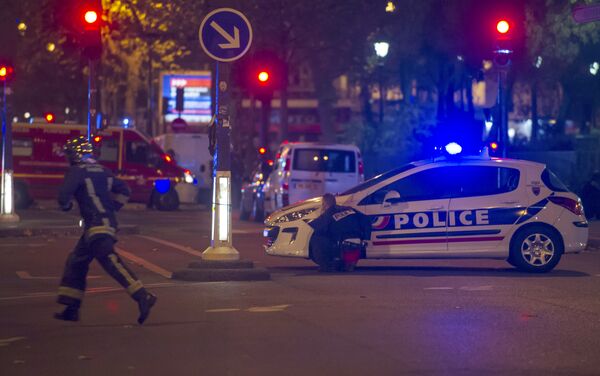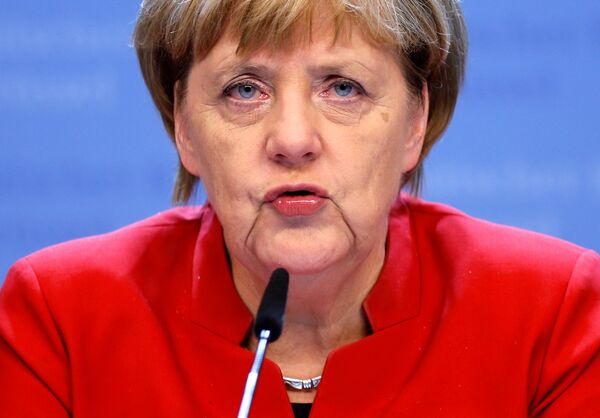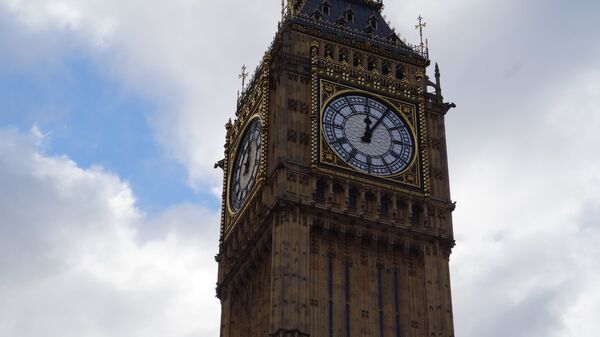The latest in a series of studies, based on research with YouGov, from cross-party think tank Demos shows "a widespread sense of precariousness, uncertainty and pessimism are sweeping the continent — presenting an unprecedented social and political challenge to the future of the [European] Union".
The recent shock caused by the UK referendum of EU membership, which resulted in a vote to leave — known as Brexit — created a political earthquake within Europe, giving impetus the rise in populism and nationalism throughout the union, with crucial elections due in the coming months in the Netherlands, France, Germany, among others, which could change the face of Europe.
In her blog 'The Clock is Ticking for Europe' Sophie Gaston, Head of International Projects & External Affairs at Demos, says "electorates become ever more volatile".
"For EU leaders, there must also be serious concerns about the evident desire across the board for change in national relationships with the European Union — with Euroscepticism seeping well beyond the UK's soon-to-be 'sovereign' borders," she told Sputnik.
As the spectre of #populism looms large, the clock is ticking for Europe: @sophgaston writes from Brussels https://t.co/ygOUIyTPWy pic.twitter.com/kbLW1BIXZO
— Demos (@Demos) November 28, 2016
Upcoming Election Shocks?
Gaston's analysis of the coming elections in France and Germany highlights the issues facing both national governments and the EU institutions in Brussels, Strasbourg and Luxembourg.

"Living under the specter of economic stagnation, withering political leadership, and an ever-extended state of emergency after a series of horrific terrorist attacks, France appears to be particularly entrenched in a level of malaise that paints a concerning backdrop on which to stage elections next year," Gaston told Sputnik.
"Such an extraordinary combination of social and cultural conditions suggests the vote will either galvanize passions for change, or see a new 'bottom floor' of historical lows in disengagement emerge," she says.
"Also heading to the polls next year is Germany, where the Chancellor [Angela Merkel] — having recently declared her intention to contest another term — is facing a much more treacherous electoral landscape than in her previous victories.

"Our research demonstrates that German citizens too are gripped by palpable fears and insecurities — and many of them are linked to the European Union, including fears around a loss of social security (53 percent), rising budget payments (52 percent) and a loss of national identity and culture (45 percent). This complex mix of economic and social fears forms a potentially potent cocktail that already proved so seismic in the UK's referendum and the recent American elections," Gaston told Sputnik.



